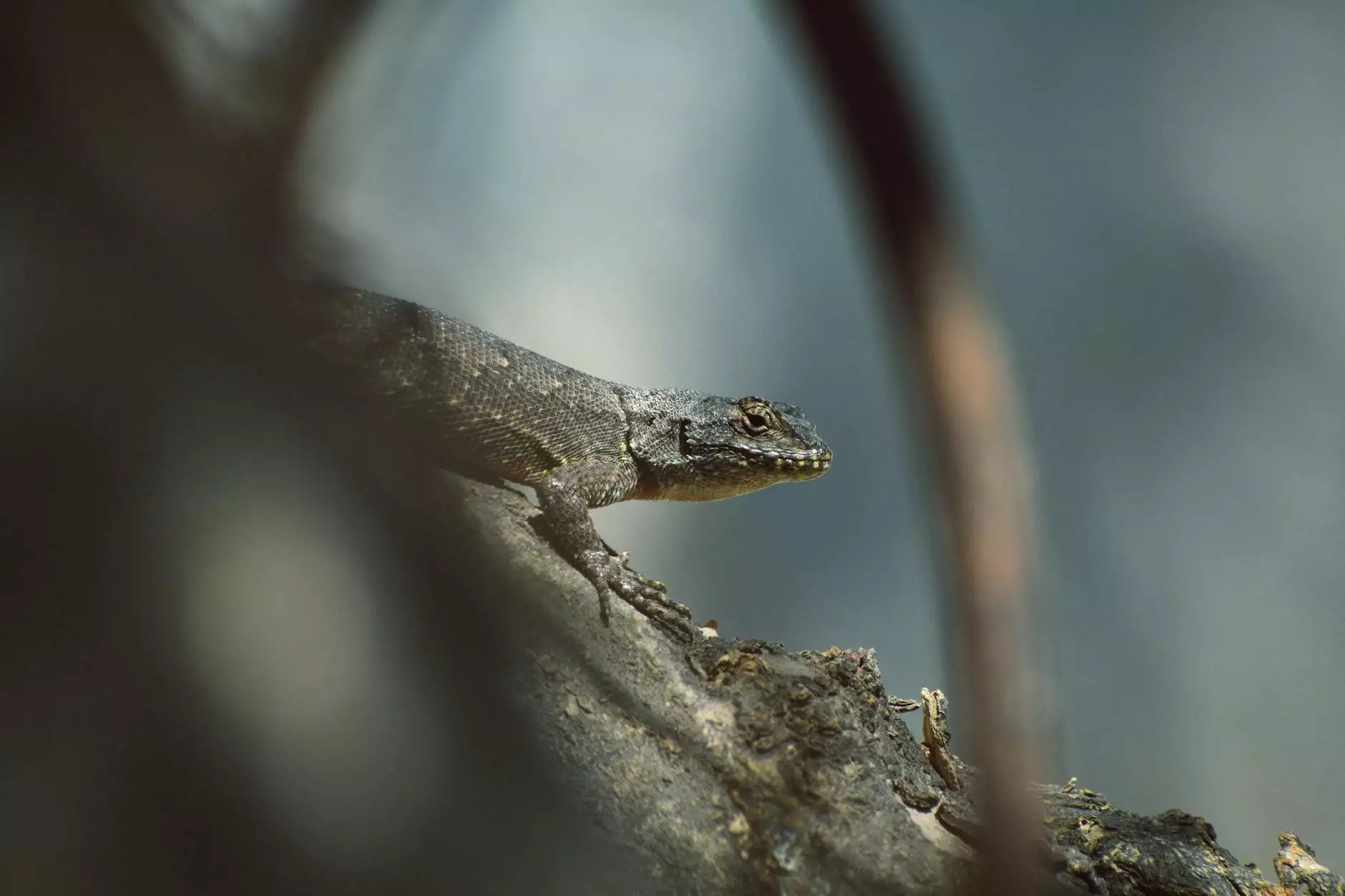Geckos as Pets: The Ultimate Guide for Enthusiasts

Geckos pet ownership has become increasingly popular among reptile enthusiasts. These unique creatures make fantastic companions and are suitable for both beginners and experienced keepers. In this comprehensive guide, we will explore everything you need to know about keeping geckos as pets, from their care requirements to breeding tips.
The Appeal of Geckos as Pets
Geckos are not only visually stunning with their vibrant colors and unique patterns but also possess fascinating behaviors that intrigue pet owners. Here are some key reasons why geckos are beloved by many:
- Low Maintenance: Compared to traditional pets like dogs and cats, geckos require less daily care.
- Space Requirements: Geckos can thrive in smaller habitats, making them ideal for apartment dwellers.
- Long Lifespan: Many gecko species can live for 10 to 20 years with proper care.
- Variety: There are many species of geckos, each with its unique characteristics.
Choosing the Right Gecko for You
When considering geckos as pets, it is essential to choose a species that fits your lifestyle. Here are some popular gecko species commonly kept as pets:
1. Leopard Gecko
The Leopard Gecko is one of the most popular pet geckos. They are known for their docile nature and can be easily handled. With a lifespan of 15 to 20 years, they make excellent long-term companions.
2. Crested Gecko
Crested Geckos are known for their striking appearance and friendly disposition. They are arboreal, meaning they enjoy climbing, and thrive in vertical enclosures filled with branches and foliage.
3. Gargoyle Gecko
Another intriguing choice is the Gargoyle Gecko, which has a slightly less common look and provides a unique pet experience. They are hardy and can adapt to various environments.
4. Day Gecko
Day Geckos are known for their vibrant hues and active daytime habits. While they are stunning to watch, they are generally not as handleable as other species.
Essential Habitat Setup
Creating the right habitat is crucial for the health and well-being of your gecko. Here are the primary considerations when setting up their home:
1. Enclosure Size
The size of the enclosure will depend on the species of gecko you choose. A 20-gallon tank is suitable for a single Leopard Gecko, while larger species like the Crested Gecko may require a vertical terrarium of at least 30 gallons.
2. Substrate
Opt for a substrate that is safe and easy to clean. For juvenile geckos, consider using paper towels or reptile carpet, while adult geckos can thrive on coconut fiber or slate tiles.
3. Temperature and Lighting
Maintaining the correct temperature gradient is essential for your gecko's health. Use a basking lamp to create a warm spot of around 90°F, while the cooler side should be around 70°F. UVB lighting is also recommended for some species to help them metabolize calcium.
Dietary Needs of Pet Geckos
Feeding your gecko a balanced diet is vital for their health. Here's what you need to know about their dietary requirements:
1. Insects
Most pet geckos thrive on a diet of live insects, such as:
- Crickets
- Mealworms
- Superworms
- Roaches
Ensure the insects are appropriately sized for your gecko and gut-loaded (fed nutritious foods) before feeding them to your pet.
2. Supplements
Dust your gecko's food with calcium and vitamin D3 supplements at least twice a week to prevent metabolic bone disease and promote overall health.
3. Hydration
Although geckos get moisture from their food, providing a shallow water dish for drinking is essential. Regularly change the water to keep it fresh and clean.
Handling and Interaction with Your Gecko
Building trust with your gecko is vital for creating a bond. Here’s how to handle and interact with them:
1. Initial Contact
Always allow your gecko to acclimate to its new environment before attempting to handle it. After a week or so, start by gently placing your hand in the enclosure to let your gecko become accustomed to your presence.
2. Proper Handling Techniques
When you're ready to handle your gecko, remember to:
- Use both hands to support their body.
- Be gentle and avoid sudden movements.
- Limit handling to short periods to reduce stress.
3. Recognizing Stress Signals
Watch for signs of stress, such as hiding, tail twitching, or aggressive behaviors. If your gecko displays these signs, it may be best to give them some space.
Breeding Pet Geckos
For those interested in breeding, understanding the specific needs of your gecko species is essential. Here are some general tips:
1. Pairing
Choose healthy male and female geckos of the same species. Always do a health check-up before breeding to ensure both partners are healthy.
2. Egg Laying
Most gecko species are oviparous, laying eggs. Provide a lay box with a humid substrate to encourage nesting. Monitor the eggs closely, as they have specific temperature and humidity requirements to hatch successfully.
3. Hatchling Care
Once the eggs hatch, separate the hatchlings from the adults to prevent aggression. Feed them appropriately sized insects and maintain a suitable habitat.
Common Health Issues in Pet Geckos
Being aware of potential health issues can help you prevent and address problems early. Here are some common health concerns in geckos:
1. Metabolic Bone Disease (MBD)
MBD is prevalent among reptiles that do not receive adequate calcium and UVB exposure. Symptoms include lethargy, deformities, and difficulty moving. Correct their diet and lighting conditions to prevent this issue.
2. Respiratory Infections
Signs of respiratory infections can include wheezing, lethargy, and mucus from the nostrils. These infections can be serious, so prompt veterinary attention is necessary.
3. Parasites
Both external and internal parasites can affect your gecko. Regular checkups with a vet can help ensure your pet remains healthy and parasite-free.
Final Thoughts: Why Choose Geckos as Pets
Owning a geckos pet can be a rewarding experience filled with fascination and joy. Their unique characteristics, low maintenance requirements, and stunning appearances make them a perfect option for both novice and experienced pet owners alike. With the right care, attention, and love, geckos can thrive and become cherished members of your family.
For more information on gecko pet care and breeding, visit eu-exoticreptiles.com.



